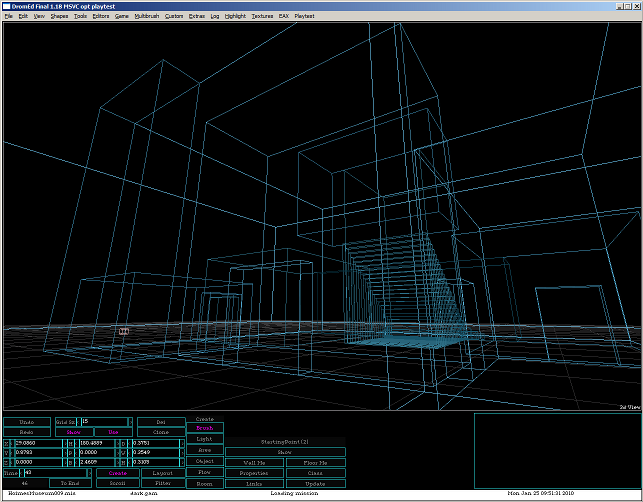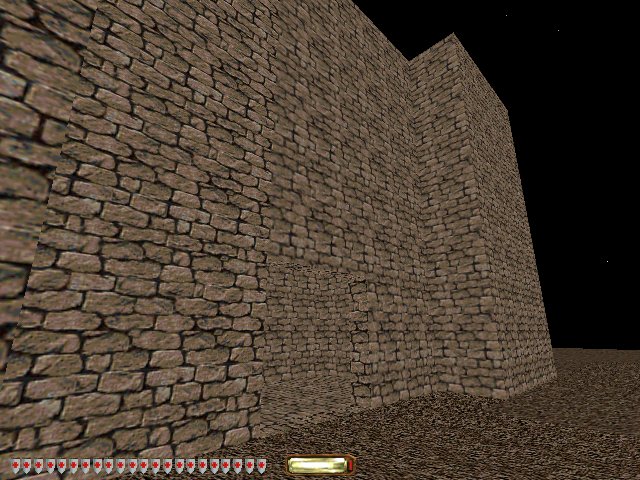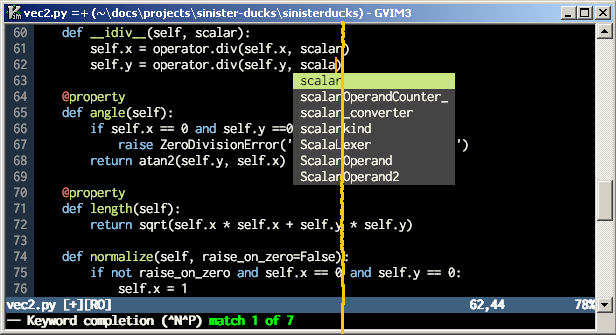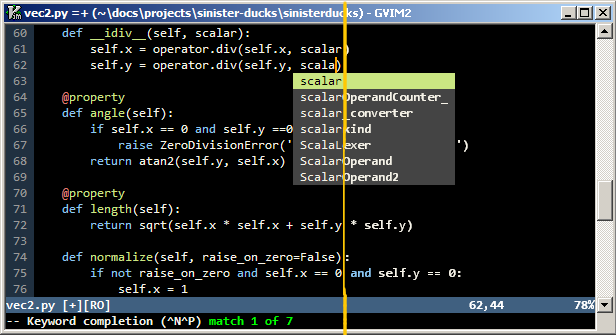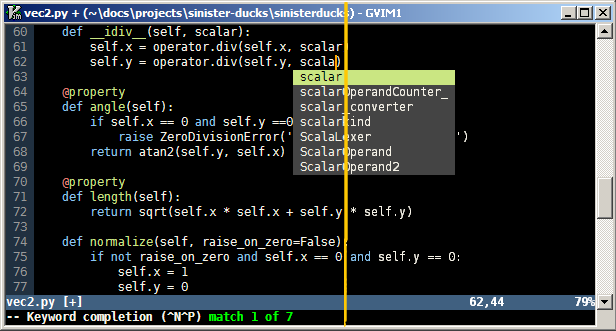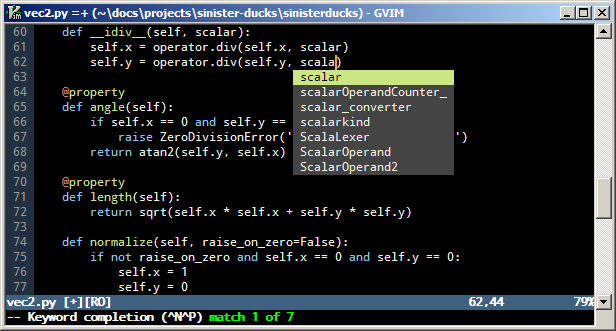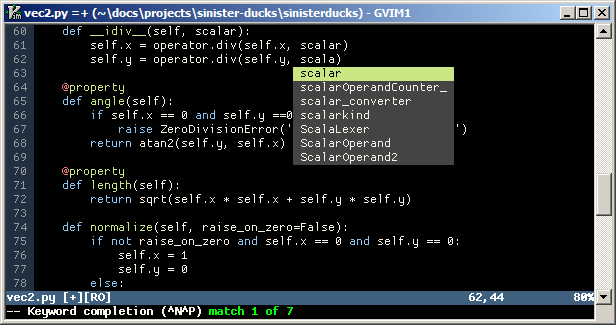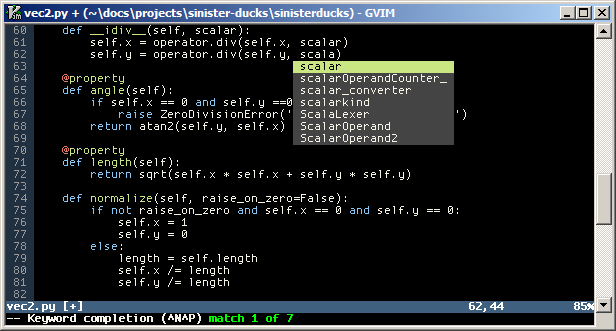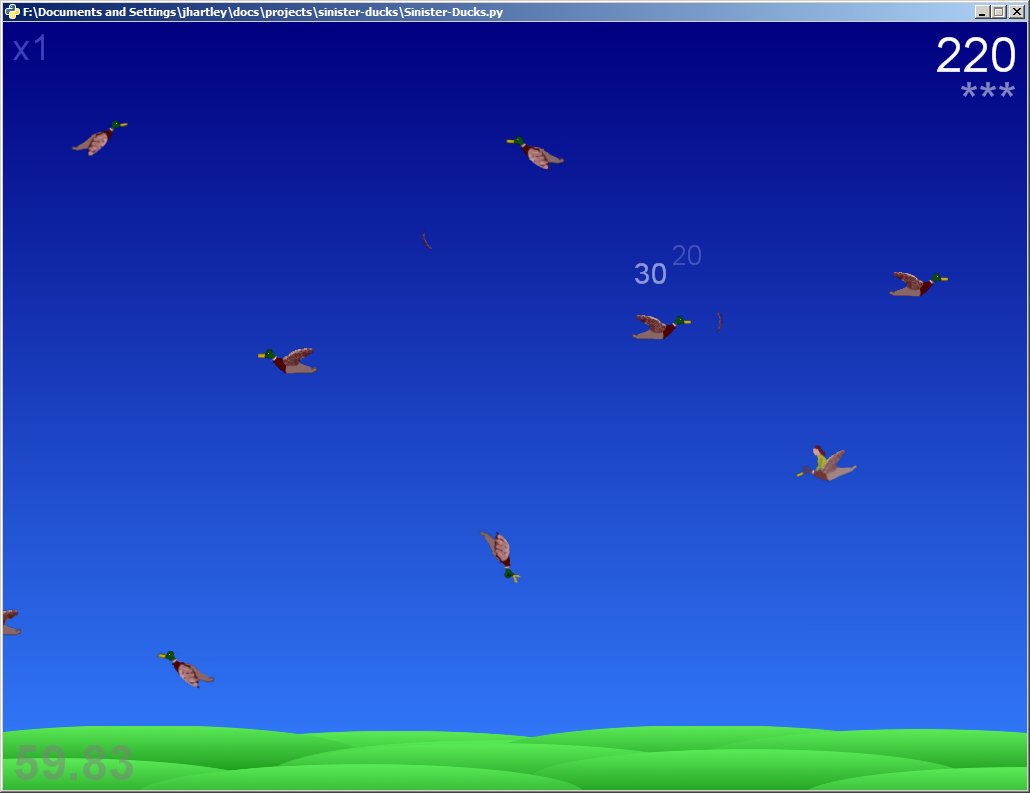This is pretty much a riff on what I posted yesterday, only this is my
draft for how I intend to present it to my MP tomorrow. I have no idea
how much time I'll have, nor how receptive he'll be. This may all be a
big waste of time, but just in case, this is my plan, such as it is.
If you think any part of this is idiotic, or that I've misunderstood how
the relevant bits of the Bill work, or that I'm belabouring some points
at the expense of other, more important ones, then I'd really love to
hear about it. The last thing I want is for some stupid part of my
argument to undermine the other parts of it.
The Digital Economy Bill
http://www.publications.parliament.uk/pa/ld200910/ldbills/001/10001.i-ii.html
I want to clarify at the outset that I absolutely support the importance
of copyright law, its enforcement, and give my full support to the
expectation of artists to be remunerated in a market-driven manner. I do
not want the following arguments to be confused with those which suggest
that copyright should be abolished, or everything online should be
free.
(This bit is my attempt to establish some credibility and rapport. In
reality, I think copyright, although sound in principle, is sorely in
need of substantial revision, namely it should be much shorter in
duration, should have larger and more explicit exceptions, and should
require pro-active registering and renewal by the rights holder. But
those concerns are orthogonal to the Digital Economy Bill in its current
form, and raising them here would only confuse the issue.)
As a computer programmer, I am directly affected by illegal downloads.
Almost everything I have created professionally has subsequently been
available online for illegal download - affecting my own income and the
financial viability of my employers, such as my current small technology
start-up. (This is not entirely true - some military projects I have
worked on have not suffered any piracy, due to having, shall we say,
extravagant hardware requirements)
However, even with that background, I still have strong objections to
the sections of the bill 4 through 17, which attempt to redress the harm
done to the creative industries by the elimination of illegal
downloading.
I believe this pursuit of illegal downloaders comes with problems that
are so profound as to make this portion of the bill counter-productive -
and I believe that a superior alternative course of action does exist,
that would be of substantially more benefit to artists.
The problems as I perceive them are:
1. Disconnection affects many innocents.
Regarding the Obligations to Limit Access described in section 11.
Almost every internet connection is used by more than one person. For
example family members, or independent parties in a shared house.
Disconnection of persistent illegal downloaders will therefore impact
all these other users of the shared connection. The innocent users
disconnected by this legislation will greatly outnumber the illegal
downloaders being targeted!
This similarly also applies to the other, lesser remedies described by
section 11, of affecting service speed or access to particular
materials.
This is flagrantly unfair - a whole household of innocent people are
being punished because of the actions of one guilty person.
Infringing downloads may not even have originated from a resident of the
house. They could easily have been made a dinner guest - very possibly
without the resident's knowledge, and yet they are to be collectively
punished for it. Are hosts expected to prevent this by searching every
guest to their house, demanding guests hand over their phones and other
devices?
This idea is equally problematic when considering publicly available
internet connections, such as at libraries, airports, coffee-shops, etc.
Are they to be disconnected when one of their customers infringes?
My conclusion: Disconnection and the other remedies described in section
11 are not, under any circumstances, appropriate courses of action, even
for the most egregious offenders, and more conventional remedies should
be considered instead.
2. Impossibility of distinguishing guilt from innocence
Several times a week, I routinely download many dozens of online media
from my home collection, to wherever I happen to be at the time - the
office, at a conference, travelling overseas. These are on the whole
media I have previously bought - music or movies or computer programs or
games. I have ripped these legally purchased items to my computer
precisely so that I would have the freedom to move them geographically,
and to format-shift them from one device to another.
To any external observer, these downloads are indistinguishable from an
illegal download. Copying of the exact same songs is involved in each
case. The external observer cannot know that I have already bought the
music or movie or whatever in question.
If I were accused of illegal downloading under this law, which I
apparently would be on a very regular basis, then would have no way of
defending myself against these false accusations. I cannot produce proof
of purchase for all of the media I have purchased over my whole
lifetime.
If it came down to producing the physical media as evidence, such as CDs
my songs came on, then of course many of my songs were purchased online,
and the CDs I bought years ago were discarded as soon as I had ripped
them, in celebration of my freedom from the constraints of physical
media.
Similarly, my accuser, upon whom I believe the onus of proof should lie,
cannot prove the negative (that I never bought the media in question.)
So it is impossible to distinguish the guilty from the innocent, and
3. Chilling effect
The presumption of guilt inherent in the Bill will clearly have a
chilling effect on my personal use of the internet as described above.
The raison d'être of the internet is to facilitate the copying of
information from one place to another, and yet my perfectly innocuous
desire to use it for exactly that is, in this instance, prevented for
fear of me being tarred with the same brush as illegal downloaders.
If this were the full extent of the chilling effect that the bill will
have, then it is arguable that this is a regrettable but acceptable
collateral damage in the struggle to recompense artists. However, this
is not the only action that is chilled by the Bill's presumption of
guilt.
TODO, this section is weak, and represents what I think is the most
important problem. At the very least, more compelling examples are
needed here
Artists exchanging material while collaborating on a project, or or
someone downloading music that they themselves wrote, or business model
that involves copying media from one place to another, all would be
under risk from invoking the penalty of 'illegal downloads', and will be
prevented from occurring.
Personal freedoms and business models of both the present and the future
will be inhibited by the presumption of guilt that the pursuit of
file-sharers requires.
This is, to my mind, the most serious of all the problems with the
Bill's pursuit of illegal downloaders. Instead of stimulating the
digital economy, these measures seem to me to stifle it, by pandering to
the wishes of existing special interests, at the expense of personal
freedoms and the emerging business models of the future.
4. No provision to clarify the legality of innocent use
It is disappointing that the bill does not take the opportunity to make
actions which are both common and morally justifiable clearly and
explicitly legal.
I am thinking here of actions such as my space-shifting of the files I
own, as described above, and of format-shifting between different
devices.
These actions do not in any way represent a valid 'lost sale', and have
absolutely no negative effect on the content industry's business, other
than countering unreasonable attempts to force consumers to purchase the
same media several times over.
Removing the uncertainty about these actions would free individuals from
the lurking threat of frivolous prosecution over harmless activities,
and would foster innovation by giving business some guidelines about
exactly what is allowed.
5. Intrusive state monitoring of everyone's online actions
I strongly object to the notion of the ISPs, acting as representatives
of the State, monitoring every single action that I and my family and my
friends carry out online. It is ripe for abuse, for the information
falling into the wrong hands, and for leaving me under suspicion due to
clerical or other errors during the collection or storage of the data.
It is absolutely unacceptable to me.
6. Lack of substantive evidence that artists income has really
dropped
As stated initially, the goal of ensuring artists are suitably
remunerated for their creations is a laudable one, that I fully support.
Crucially though, the purported losses incurred by the music and movie
industries are commonly derived from flawed studies, directly funded by
the industries in question, and frequently make fundamental mistakes
such as equating every download made with a lost sale. More substantive
information than this is required about the size of the problem.
Indeed, some figures show that the music industry has in fact grown very
healthily in the last few years. For example, these figures compiled and
published by The Times on 12th November 2009, based on the BPI's own
data:
http://labs.timesonline.co.uk/blog/2009/11/12/do-music-artists-do-better-in-a-world-with-illegal-file-sharing/
This suggests that since 2004, recorded music incomes in the UK have
fallen by some £326M. Whether this is due to illegal downloading is not
known - presumably it is partly due to that, and partly due to other
factors, such as the music industry putting out fewer records in recent
years. However, the same figures also show that over the same period,
income from live music and merchandising have risen by the larger amount
of £373M. The industry as a whole is around £47M better off, and as a
bonus, the proportion of this income which is paid directly to artists
has risen dramatically, since artists make more money from live shows
than from recorded music sales.
This fits with my own personal experience - free downloads act as a
tremendous promotional boost for bands. I have many friends who are able
to try out far more music as a result of its availability online, and as
a result are far more active in attending live music events, often of
bands they would not otherwise have heard of, had they not discovered
them online.
If this is true, then free downloads cause artists to lose money via
recorded music, but also to gain more in recompense through other
channels. In this case, do we really need heavy-handed legislation to
protect their interests, if the legislation in question comes with all
the other costs described here? If artists really are earning more than
they were five years ago, do we need to introduce the chilling effects
this bill will cause on the rest of the economy in order to try and help
them out? What if the pursuit of illegal downloaders means that revenues
in live music then drops back to their previous lower levels? Artists
will have actually been financially hurt by this bill. This needs to be
understood before taking such drastic actions as the bill proposes.
7. One alternative
TODO: Lay out the "central pool to remunerate artists in proportion to
their number of downloads" idea, merely to make it clear that there are
alternatives courses of action which could be used to tackle this
situation, which seem to come with real incentives to stimulate the
digital and creative economies, and with smaller, more soluble problems
than Digital Economy Bill in its current form.
